Chronic and End Stage Kidney Disease
Function of kidney: Filter blood in the body, don't let waste accumulate in the body. Maintains electrolytes balance in the body.
If a person is suffering from any kidney disease his other body systems like cardiovascular system (Heart), bones, etc will also be affected. Accumulation of body waste can lead to damage to other organs as well.
Let's start with Chronic Kidney Disease (CKD)
Meaning: CKD is a condition in which the kidney progressively loses its functions
CKD Detection and how it is defined CKD is detected with a blood test to determine kidney function and a urine test to assess kidney damage mainly.
It has five stages as explained in the following table. All stages duration depends upon the health of the kidneys, which again depend upon the treatment given, and diet. At times dialysis is also recommended by the doctor.
eGFR is the test with the help of which doctors can determine the rate of filtration done by kidneys. This test infers the function of the kidney if it's working normally or has reduced its functionality.
Also, if kidney function is fallen down, creatinine starts accumulating in the blood, hence blood tests come into the picture in the detection of the kidney disease.
| Stage | GFR (ml/min/1.73 m2 | Health of kidneys |
|---|---|---|
| 1 | ≥90 | kidneys function normally, but the first signs of kidney disease appear |
| 2 | 60-89 | kidney function is slightly reduced |
| 3A/3B | 45-59 (3A) and 30-44 (3B) | kidney function is noticeably reduced |
| 4 | 15-29 | kidney function is extremely reduced |
| 4 | less then 15 | ESRD, which is also known as established renal failure |
End Stage Kidney Disease: Also known as End Stage Renal Disease (ESRD) . This is the last stage of Chronic kidney disease. This is that time when kidney function reduces totally, it gave upon to meet body's requirements.
Causes of Kidney Diseases: Diabetes and High blood pressure are the reasons and people with these two are at the risk of kidney disease. Both of these effects blood vessels in kidneys, leading to kidney diseases. Several other factors like family history or heart-related problems can also be the reason for kidney diseases.
Symptoms: There are non-specific symptoms of kidney disease, meaning same symptoms could be the signs of malfunctioning in other organs. Also, it is possible a person is having CKD but symptoms don't appear. The damage to kidneys occur slowly and gradually may take years.
-
Blood in the urine
-
Foamy urine
-
Weakness, tiredness
-
Puffiness around eyes
-
Swelling in certain parts of body like ankles and feet
-
Insomnia
-
Loss of appetite
-
Cramps
Apart than chronic disease symptoms, end stage kidney disease patient shows other symptoms which include:
-
Abnormally dark or light skin
-
Nail changes
-
Bone pain
-
Problems concentrating, confusion
-
Numbness in the hands, feet, or other areas
-
Cramps or muscle twitching
-
Breath odour
-
Easy bruising, nosebleeds, or blood in the stool
-
Excessive thirst
-
Problems with sexual function
-
Menstrual periods stop (amenorrhea)
-
Sleep problems
-
Vomiting, often in the morning
Self-preventive measures: Good diet, regular check-ups.
Treatment: Kidney transplant or Haemodialysis
Other tests: ESRD changes results of other tests as well, so people undergoing dialysis may be asked to take another test in routine like
-
Calcium
-
Electrolytes
-
Albumin
-
Magnesium
-
Cholesterol
-
Complete blood count
FOR ANY QUERIES/ TO FIX AN APPOINTMENT — Contact us
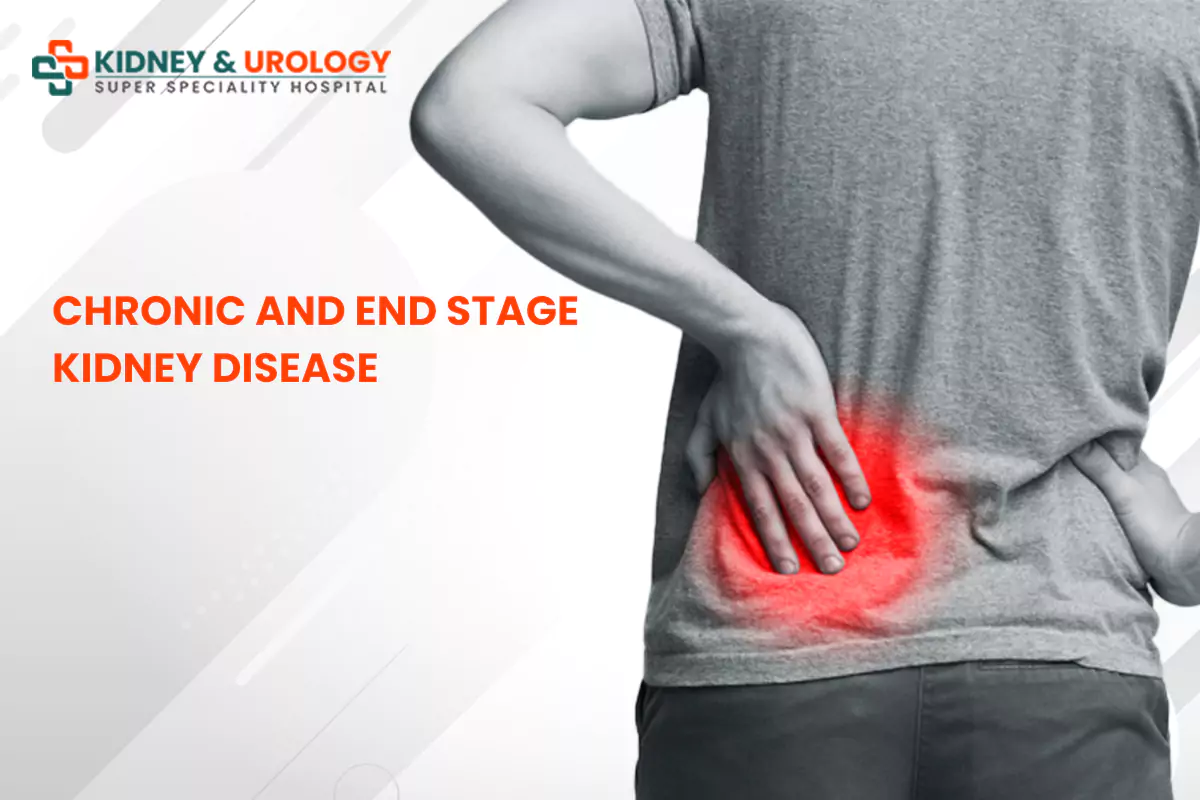
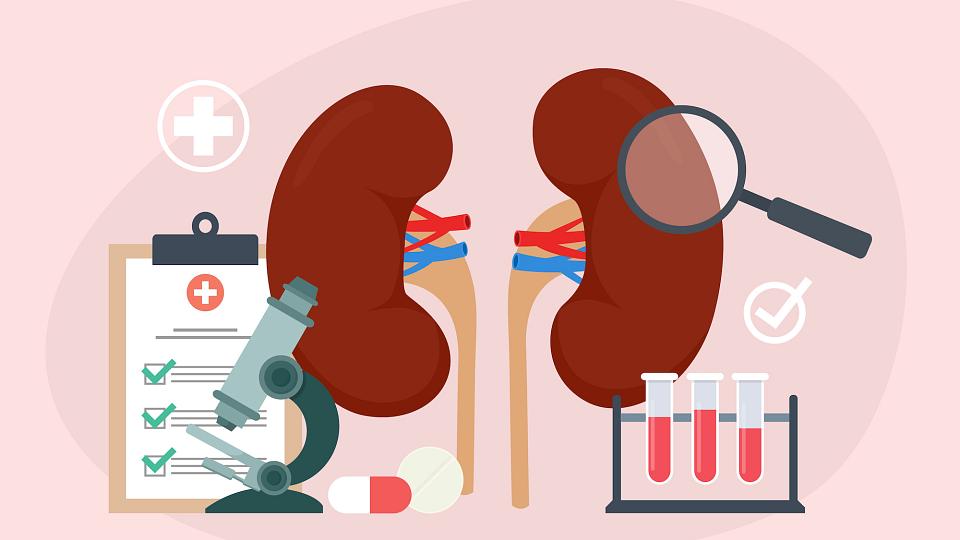


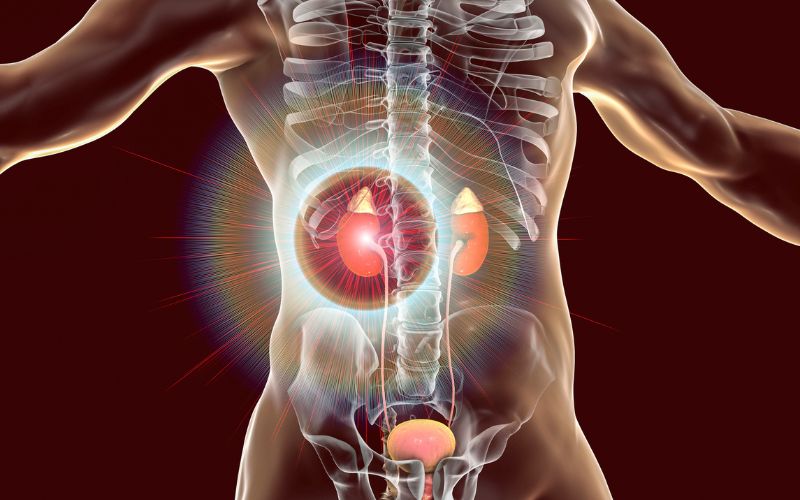
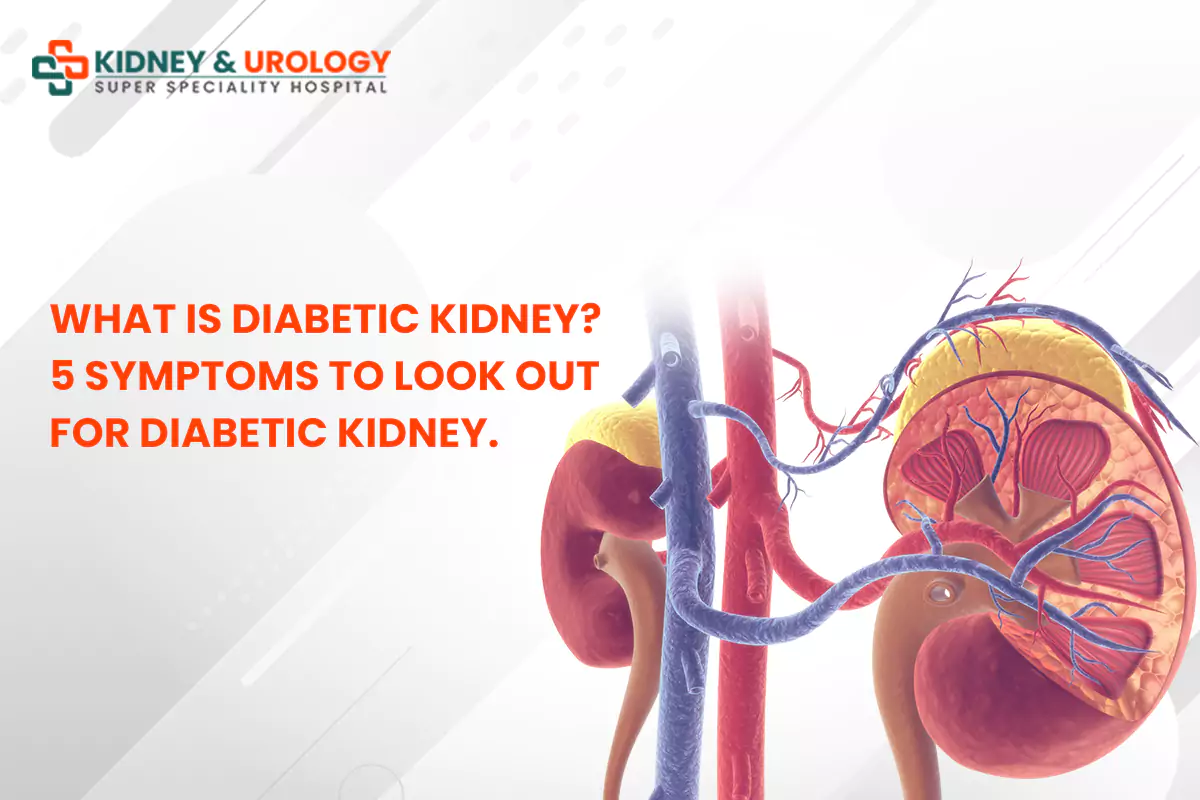
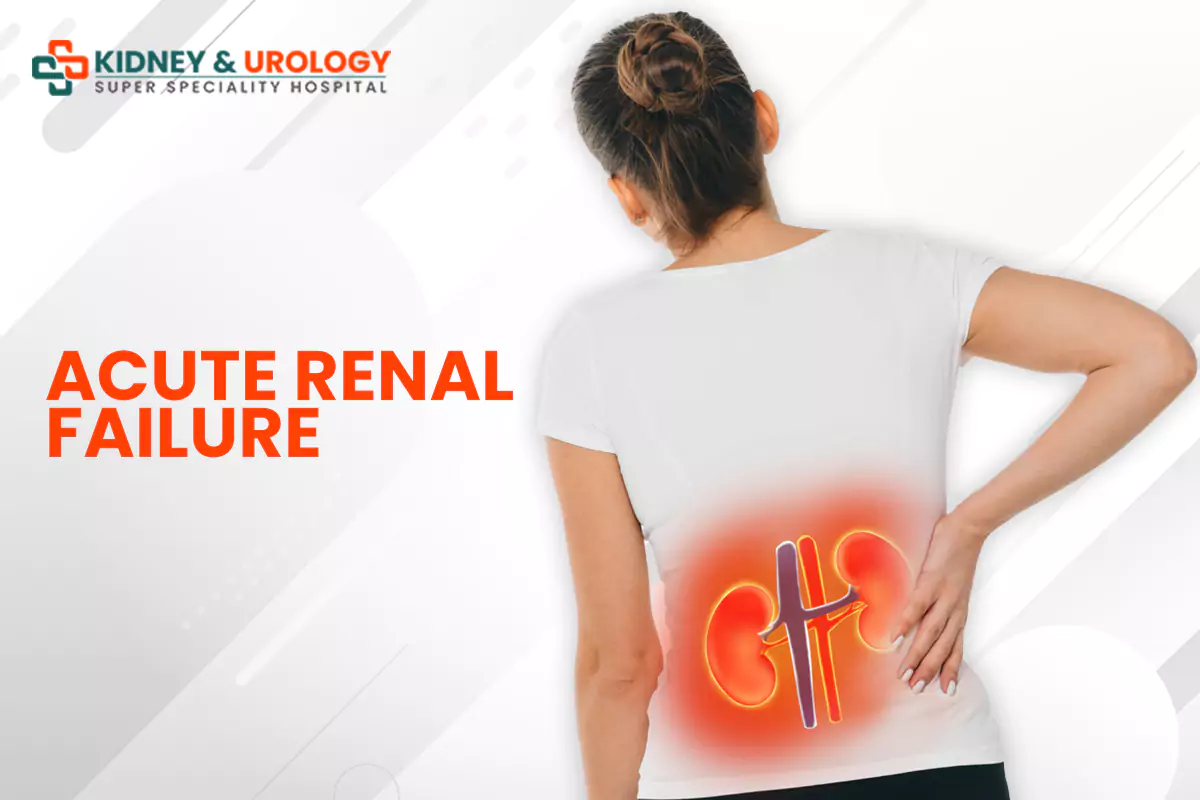
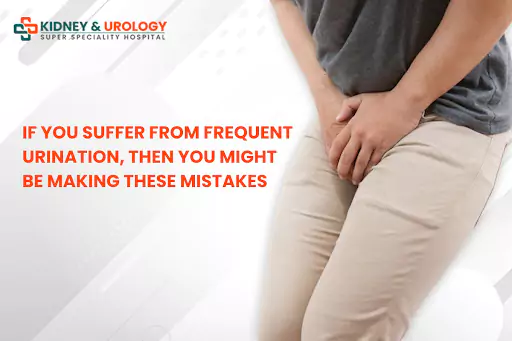
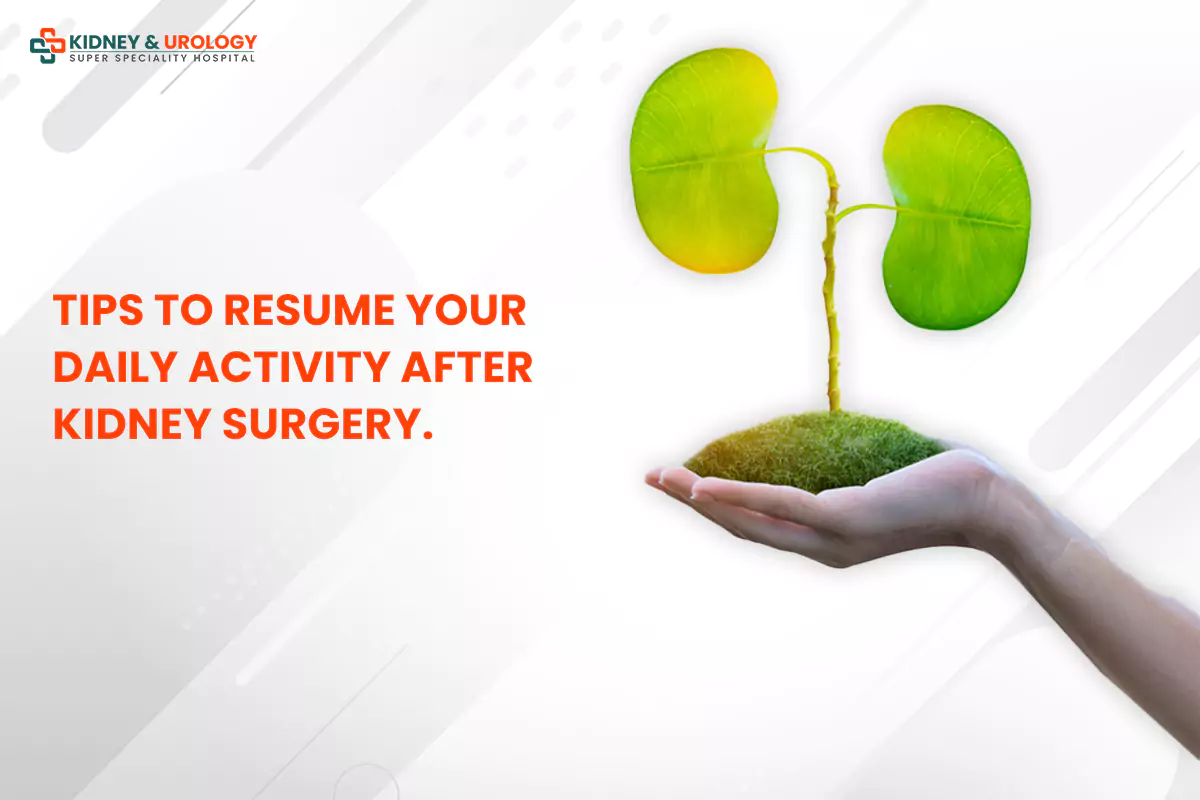




Request A Callback